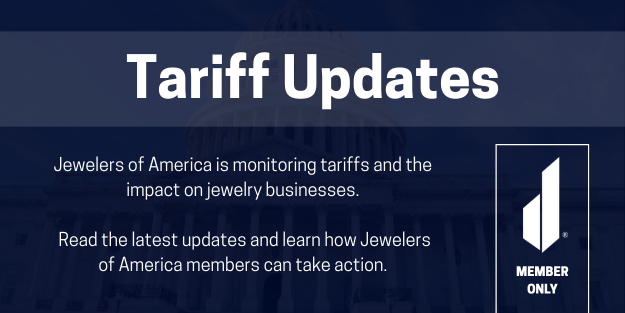What Is a Jewelry Appraisal?
An appraisal report is a document that describes an item, assesses its relative quality and provides an opinion of value. Descriptions usually cover the visible, measurable and analyzable facts about the item (weight, materials, markings). Most jewelry appraisals also describe subjective features such as gemstone quality, relative rarity and overall quality of manufacture.Jewelry appraisals should not be confused with diamond or gemstone grading reports, which can only be provided by major gemological laboratories and which do not include a value.
Jewelry Appraisals for Insurance
The majority of appraisals done today are for insurance replacement (retail replacement) purposes. The point of insurance is to return the value of the item. Therefore, insurance appraisals should reflect the realistic cost of replacing an item in a jewelry store that regularly sells the type of item being appraised.Most experienced retail jewelers with basic formal appraisal training are qualified to write insurance replacement appraisals on the new merchandise they sell in their stores. They may also be qualified to write insurance appraisals on new jewelry they do not sell, if the jewelry is similar to the products in their store. Appraisals done on other types of jewelry or for other purposes require more advanced appraisal training.
Types of Appraisals
Fair Market Value Appraisals
Fair market value appraisals reflect an actual selling price between a willing buyer and seller, when neither is compelled by time or need to buy or sell in the item’s most common market. Fair market value must represent the item’s value in its current (used) condition. Fair market value is generally required for charitable donations and estate appraisals. Fair market values may run lower than retail replacement values, because replacement values often reflect the cost to replace a used item with a new equivalent.Immediate Liquidation Value Appraisals
This type of appraisal usually reflects low values because of the situations that create their need. Divorce settlements and some types of estate liquidations may require this type of appraisal, depending upon the jurisdiction where the scenario takes place. Less common types of appraisals include probate and loan collateral appraisals.The Legal Guidelines
Intentionally over-valuing items on appraisals is considered illegal under Federal Trade Commission (FTC) guidelines and unethical by all nationally recognized appraisal organizations. The value assigned to the piece of jewelry should not be inflated beyond what is considered a fair retail selling price.There are currently no U.S. laws or regulations that set educational standards or require certifications to become a jewelry appraiser. However, there are industry standards for appraising.
Customers’ appraisals should be updated periodically to make sure they have adequate insurance coverage. An appraisal is a snapshot in time. Unusual circumstances, such as sharp increases in availability and price for certain jewelry components, should also be taken into account when appraising an item. Depending on the circumstances, sales tax may or may not be included in the appraised value, but should clearly be listed separate from the item’s value.
Some insurance companies have arrangements with jewelers for insurance replacement business. When a consumer has a loss, their insurance company requires that they go to a specific jeweler for a replacement. The jeweler is then paid an amount from the insurance company that is less than retail, and perhaps less than the appraisal, but the customer gets a piece comparable to the one they lost, and the jeweler gets the business from the insurance referral.
How to Find a Trustworthy Jewelry Appraiser
Look for on-site expert gemologists and appraisers that will identify your gemstones and determine values for insurance purposes, estate tax evaluation, value comparison and more. Many Jewelers of America Members offer appraisal services on- or off-site.Appraisal Credentials: A professional jewelry appraiser should be a member of a respected national appraisal organization, like the National Association of Jewelry Appraisers. This ensures that they must complete continuing education and conform with industry standards such as the Uniform Standards of Professional Appraisal Practice (USPAP). Such organizations also award advanced designations based on education and experience.
Gemological Credentials: With no federal or state requirements for appraisers, it is crucial to ask for credentials. A Graduate Gemologist diploma (G.G.) from the GIA or its equivalent should be considered minimum gemological training.
Knowledge of Jewelry Manufacture: A qualified jewelry appraiser must understand manufacturing techniques and recognize their contributions to the value of an item.
Continuing Education: Continuing education certificates and credentials help ensure that the appraiser is knowledgeable about the latest gemological and appraisal issues.
Jewelry and Appraisal Experience: A broad range of jewelry experience over many years often leads to a more knowledgeable appraiser. Likewise, solid experience in the appraisal industry is equally important.
High Ethical Standards and Awareness of Legal Obligations: Appraisers should adhere to the highest levels of professional behavior. Consider the appraiser’s professional affiliations, as well as the appraiser’s reputation within the industry and your community. Ideally, work with a jewelry appraiser associated with Jewelers of America, as our members commit annually to the highest ethical standards.
This article was reviewed by the National Association of Jewelry Appraisers (NAJA)












